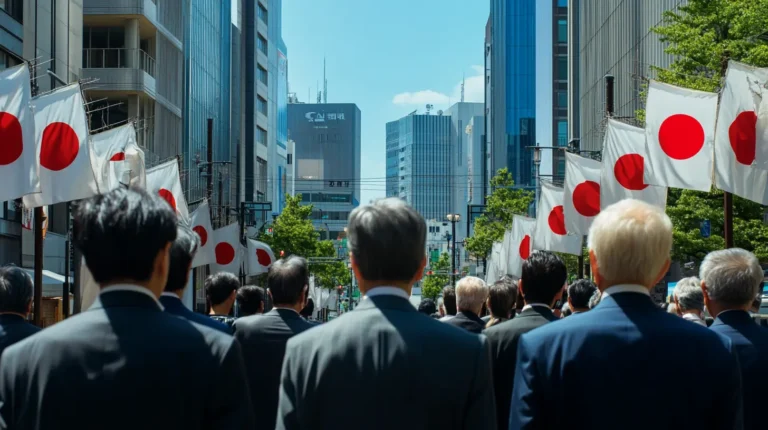The Japanese yen fell past the critical 155 mark against the U.S. dollar on Thursday after the Bank of Japan (BOJ) decided to keep interest rates unchanged. The central bank’s decision reflected ongoing caution about the country’s economic outlook and inflation trajectory.
The BOJ maintained its short-term policy rate at 0.25%, signaling a measured approach amid uncertainties in domestic economic conditions. Following the announcement, the yen weakened further, with the USD/JPY exchange rate climbing 0.3% to 155.36 its highest level since November 21. This followed a 0.9% increase on Wednesday, spurred by hawkish signals from the U.S. Federal Reserve.
The 155 level in the dollar-yen pair is viewed as a critical threshold by currency analysts, with concerns that further depreciation could prompt verbal intervention by Japanese officials. Calls for the BOJ to consider raising rates could intensify if the yen’s decline continues.
Market sentiment ahead of Thursday’s decision was mixed, as some analysts expected a 25 basis point rate hike in light of recent signs of rising inflation in Japan. However, those expectations had waned in recent weeks. Attention now turns to BOJ Governor Kazuo Ueda’s press conference, scheduled for 0630 GMT, where he is expected to elaborate on the central bank’s rationale.
Looking ahead, many analysts predict that the BOJ could raise rates in the coming months, with potential hikes in January or March. Meanwhile, earlier in the global trading day, the U.S. Federal Reserve reduced interest rates by 25 basis points but signaled a slower pace of rate cuts for the upcoming year.
In other currency news, the U.S. Dollar Index edged up 0.1% during Asian trading hours on Thursday, reaching its highest level in over two years.

